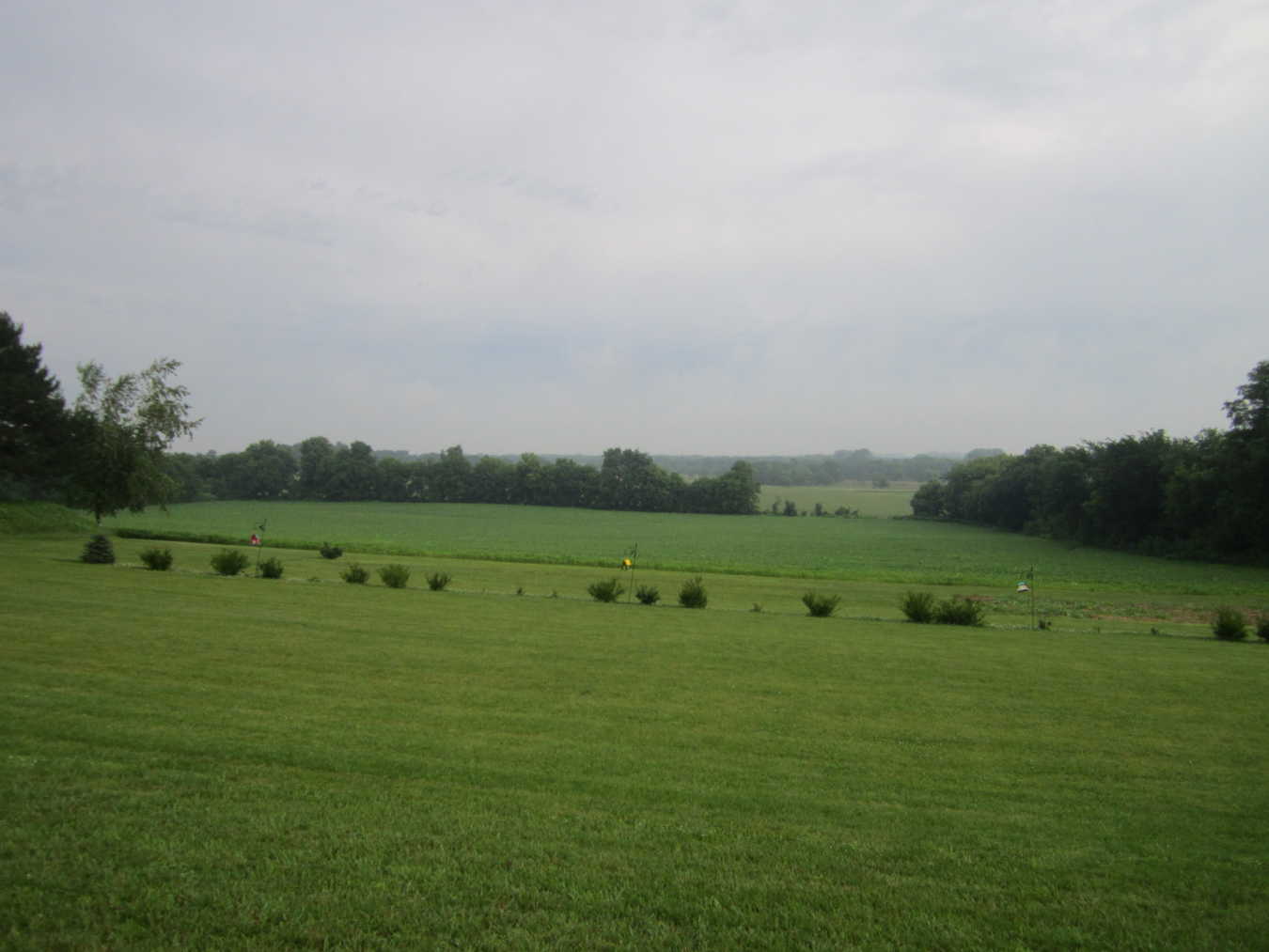I received a phone call from a social worker last week. She was compiling lists of community resources for people in our state who needed food assistance, affordable housing, mental health services, and other resources to help them through difficult times. She said she had been doing research on the county where I live, and she couldn’t find any resources to add to her book.
“And that’s why I called the church,” she said. “If there were helping resources in your area, we knew you would know about them.”
I thanked her profusely for undertaking this task. We need this work to be done. But, the truth is, there aren’t very many resources for people in our community who need help. We have a monthly food pantry with emergency food available in cases of crisis. We have a few low-cost apartments with rent on a sliding scale. But there are no mental health professionals, no social service agencies, no shelters for people who need to escape abusive situations, limited food availability, very limited public transportation options, and very few jobs.
And so the churches step in where they can. But our abilities are limited, too.
Over the past seven years as I have served as a minister in my community, I have come to the realization that rural ministry and urban ministry have a lot in common.
We face suburban isolation as nearly everyone who lives in our community commutes long distances to work. We have true food deserts where little to no healthy foods are within walking distance for people with limited transportation options. Drug use and addiction are rampant. Although in one regard the pace of life is slower in a rural community, the pressure of over-involvement in extracurricular activities has nearly every family with kids exhausted and scattered. We have families with tremendous need for financial counseling, food assistance, medical help, addiction counseling, and many other things, and they can’t get the help where they are.
And though urban ministry and rural ministry have a lot in common, rural ministry faces poverty challenges that are nearly insurmountable.
Because there are no large employers in our community, and because most jobs are a sizable distance away, someone looking for a job not only needs the skills for the job, but also reliable transportation that can handle driving an hour each way to work every day. People with children also need access to affordable and reliable childcare options. And with no community agencies to help with these things, people who are struggling have nearly no options.
Our town has two churches in it, and we do our best to enter into situations of need and help as much as we can. But, our resources are limited, too. As a pastor, I try very hard to be mindful of the fact that I am not a trained counselor. Even though I can help someone short term, I am not trained in helping someone break the cycle of addiction. I am not qualified to intervene in situations of abuse. I can listen, refer, report in cases of child abuse, and then pray.
Even despite these challenges, rural ministry is immensely rewarding. I don’t write this post as a cautionary tale against rural ministry. Quite the contrary. The need for compassionate, loving, incarnational ministers in rural communities is staggering. And, yet, many seminaries spend three or four years grooming students for urban ministry, wooing them to larger communities and larger churches.
Courting ministers to come to the cities because this is where the real need is.
Ministers, we need you here in our rural communities.
In rural churches you will find some of the most hardworking, caring, and genuine people. You will find real opportunities to enter into situations of poverty and sorrow and bring the compassionate love of Christ. You will be invited into spaces that are unexpected, holy, and sensitive.
You will be called as a first-responder in situations you have no idea how to handle, and will watch as God ministers through you in the wilderness places.
You will feed the hungry, provide clothes to the naked, walk with families as a child heads to court, arrange transportation for a sick child who needs to get to the hospital, be asked to pray for someone at the grocery store, and read books to kids after school at the library.
In rural ministry you will have the opportunity to partner with other churches to provide ministries and community help that none of you could have done alone. You will make friends with pastors in other traditions, connect quickly with the local funeral director, have meetings with school officials on ways to address community challenges, and be called upon as a source of help and comfort when tragedy strikes the community at large.
Rural poverty is a reality that ministers have the opportunity to address. Many times the challenge seems overwhelming and impossible, but within the scarcity of rural poverty, God has also provided an abundance of resources – people who care deeply for their community and the people who live in it.

